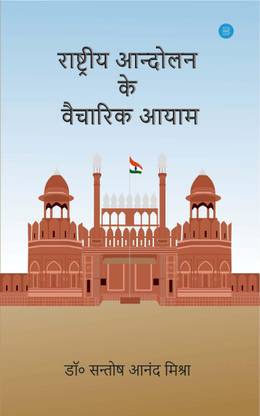Fakhruddin Ali Ahmed (13 May 1905 – 11 February 1977)
Introduction:
Fakhruddin Ali Ahmed was the fifth President of India, and his tenure is considered politically significant. He was regarded as a respected, experienced, and visionary leader in Indian politics. His presidency is especially remembered for the period of Emergency (1975–77), which remains one of the most critical phases in the history of Indian democracy.
Early Life and Education:
Fakhruddin Ali Ahmed was born on 13 May 1905 in Delhi. His father, Colonel Jalaluddin Ahmed, was a senior medical officer in the Assam government. He received his early education at Aligarh Muslim University and later studied at St. Catharine’s College, Cambridge University. He also pursued legal studies at the Inner Temple (Gray’s Inn) in England before returning to India.
Political Career:
Fakhruddin Ali Ahmed began his political journey in 1931 by joining the Indian National Congress. He actively participated in the Indian freedom struggle and joined Mahatma Gandhi’s Civil Disobedience Movement, during which he was imprisoned for his involvement.
After India’s independence, he held several important administrative and ministerial positions:
- In 1957, he was elected as a Member of Parliament from Assam.
- From 1966 to 1974, he served as a Union Minister, holding portfolios such as Food, Agriculture, Fertilizers, Industrial Development, and Company Law.
- He was considered one of the trusted aides of Prime Minister Indira Gandhi.
Presidency:
On 20 August 1974, he became the fifth President of India. He was the second Muslim to hold the post, after Dr. Zakir Husain. During his presidency, he faced numerous constitutional challenges, the most notable being the declaration of Emergency.
On 25 June 1975, following the recommendation of Prime Minister Indira Gandhi, he signed the proclamation of Emergency. This act remains a subject of controversy and criticism, as it had a profound impact on Indian democracy.
Demise:
Fakhruddin Ali Ahmed passed away on 11 February 1977 while still serving as President. He was the second Indian President to die in office, the first being Dr. Zakir Husain. His burial took place near Jamia Millia Islamia in New Delhi, and his memorial is known as “Fakr-e-Hind.”
Legacy and Remembrance:
- He is remembered as a gentle, composed, and honest leader in Indian politics.
- As President, he made efforts to uphold the dignity of the Indian Constitution, although his role during the Emergency remains debated.
- A postal stamp was issued in his memory, and many institutions and roads have been named after him.
Conclusion:
Fakhruddin Ali Ahmed’s presidency occurred during a crucial and sensitive period in Indian history. He was a scholar, a constitutional expert, and a humble statesman. His life and work represent an important chapter in the democratic journey of the Republic of India.












0 Comments
Thank you